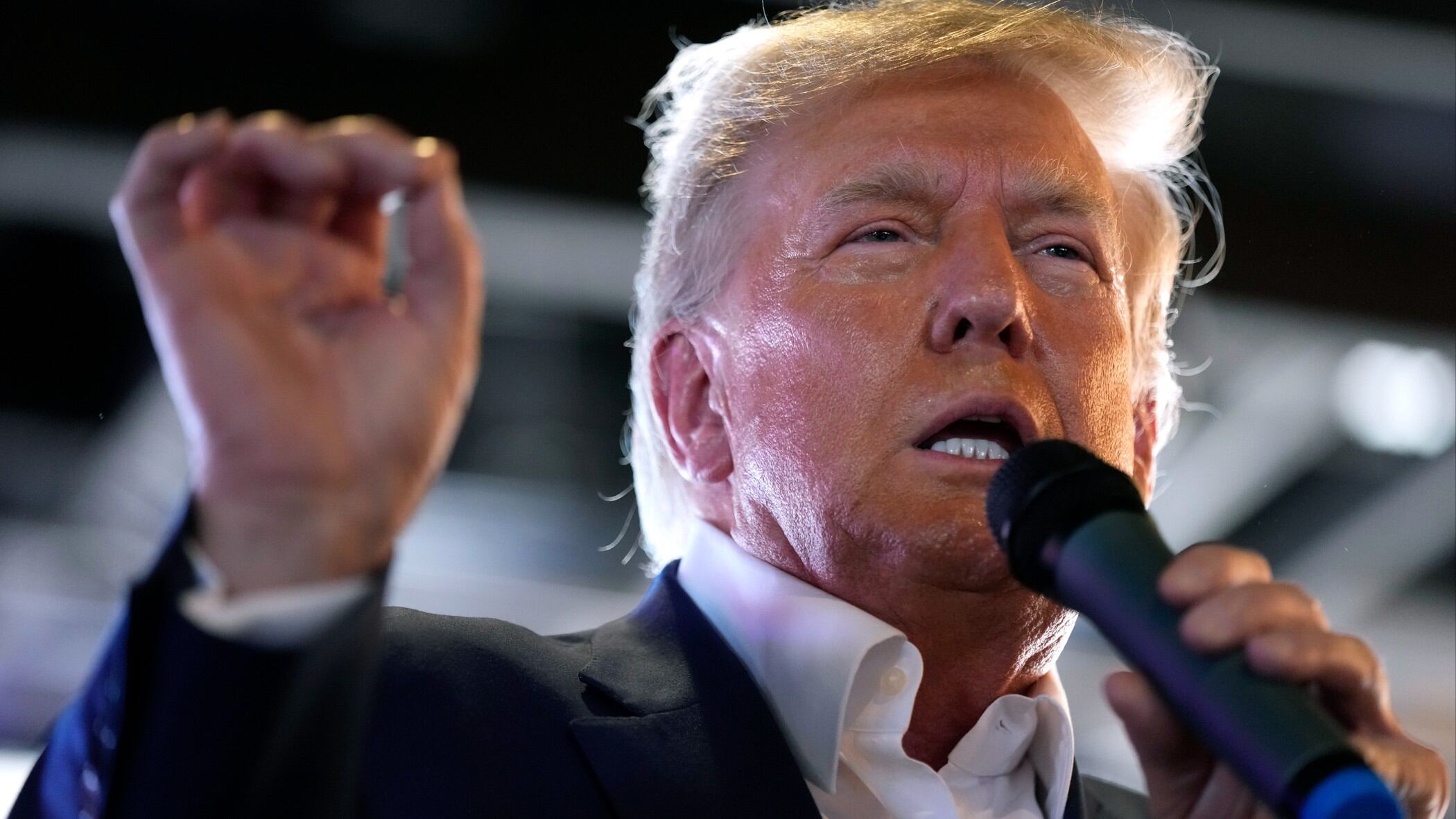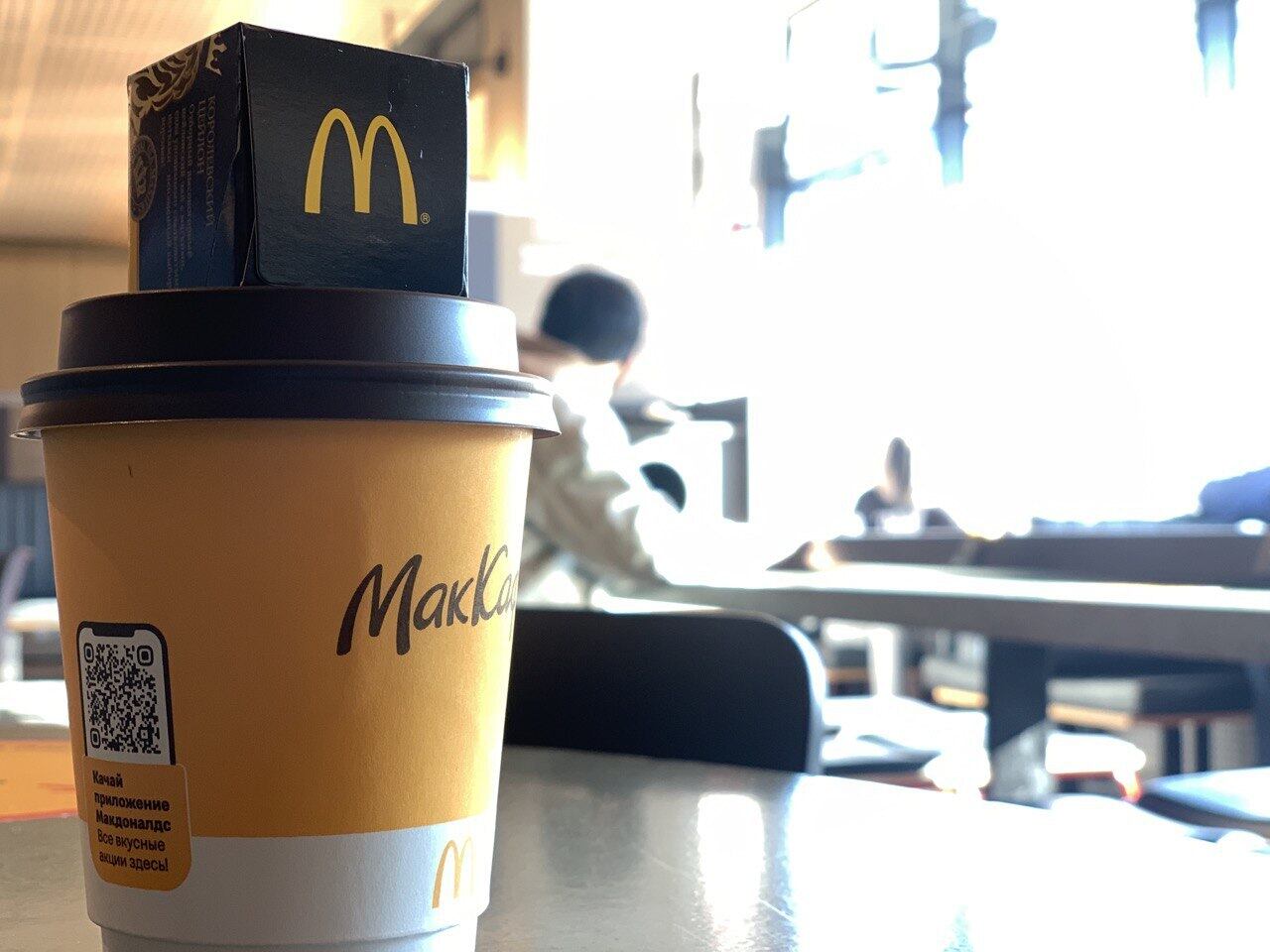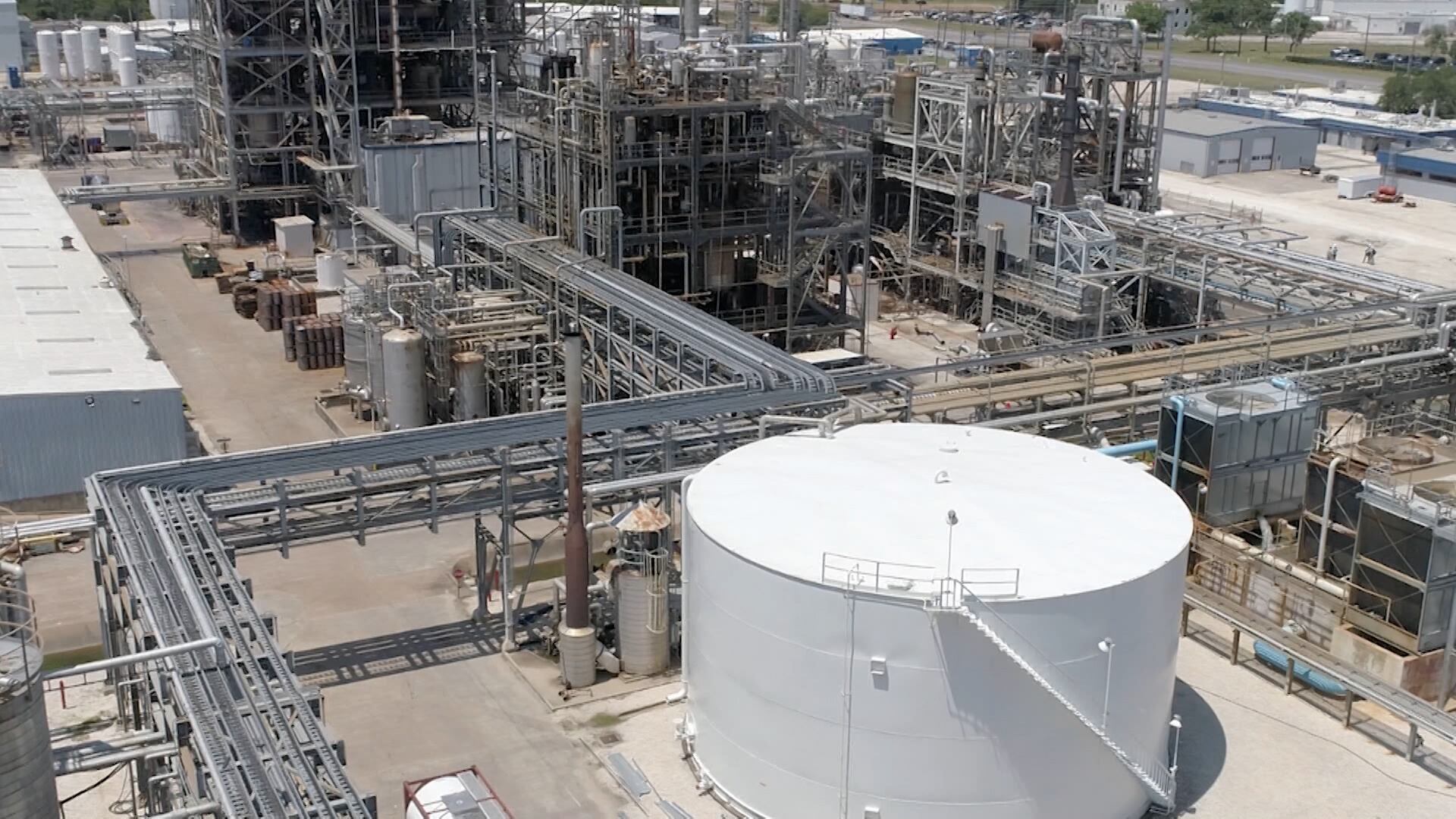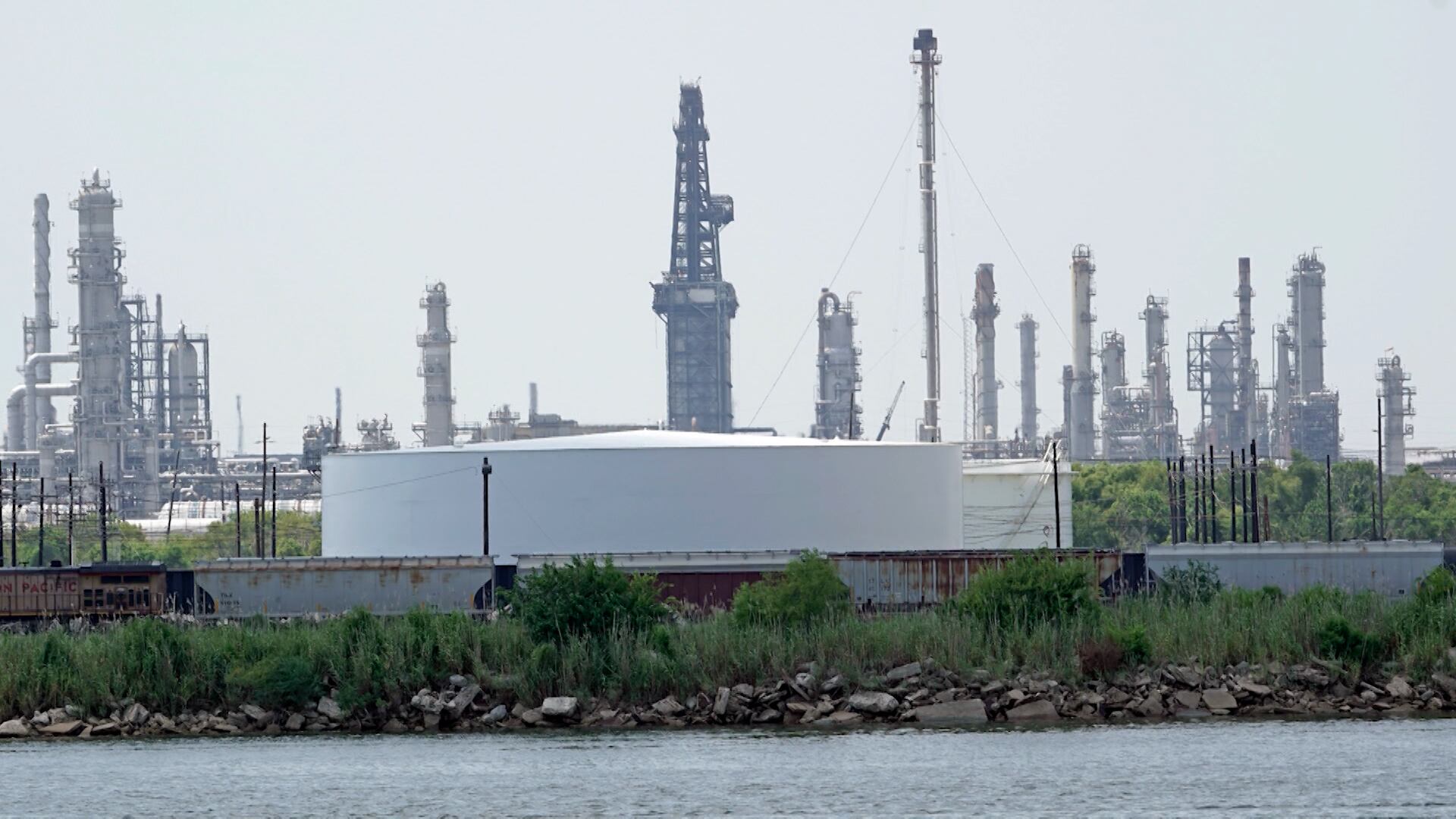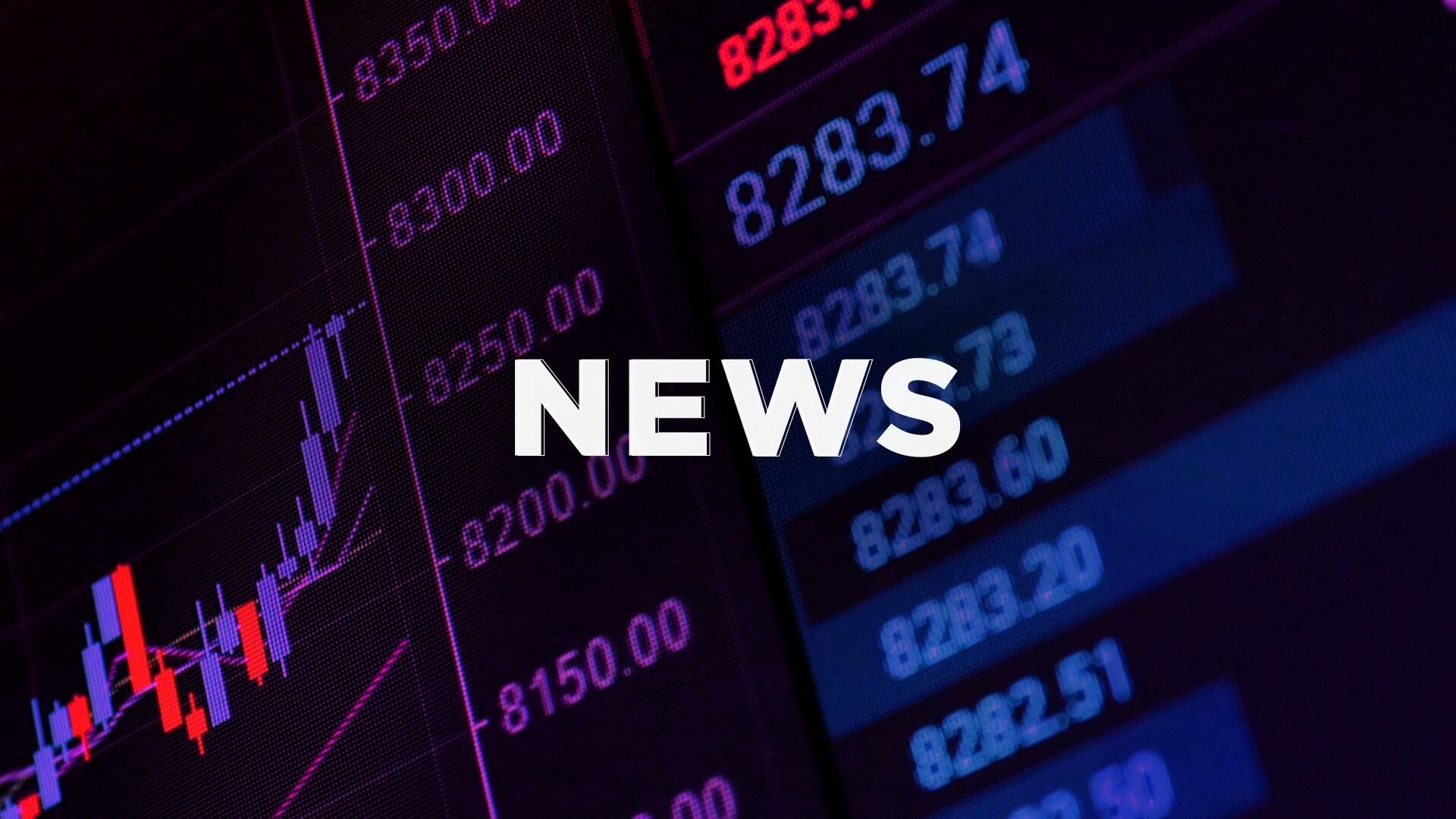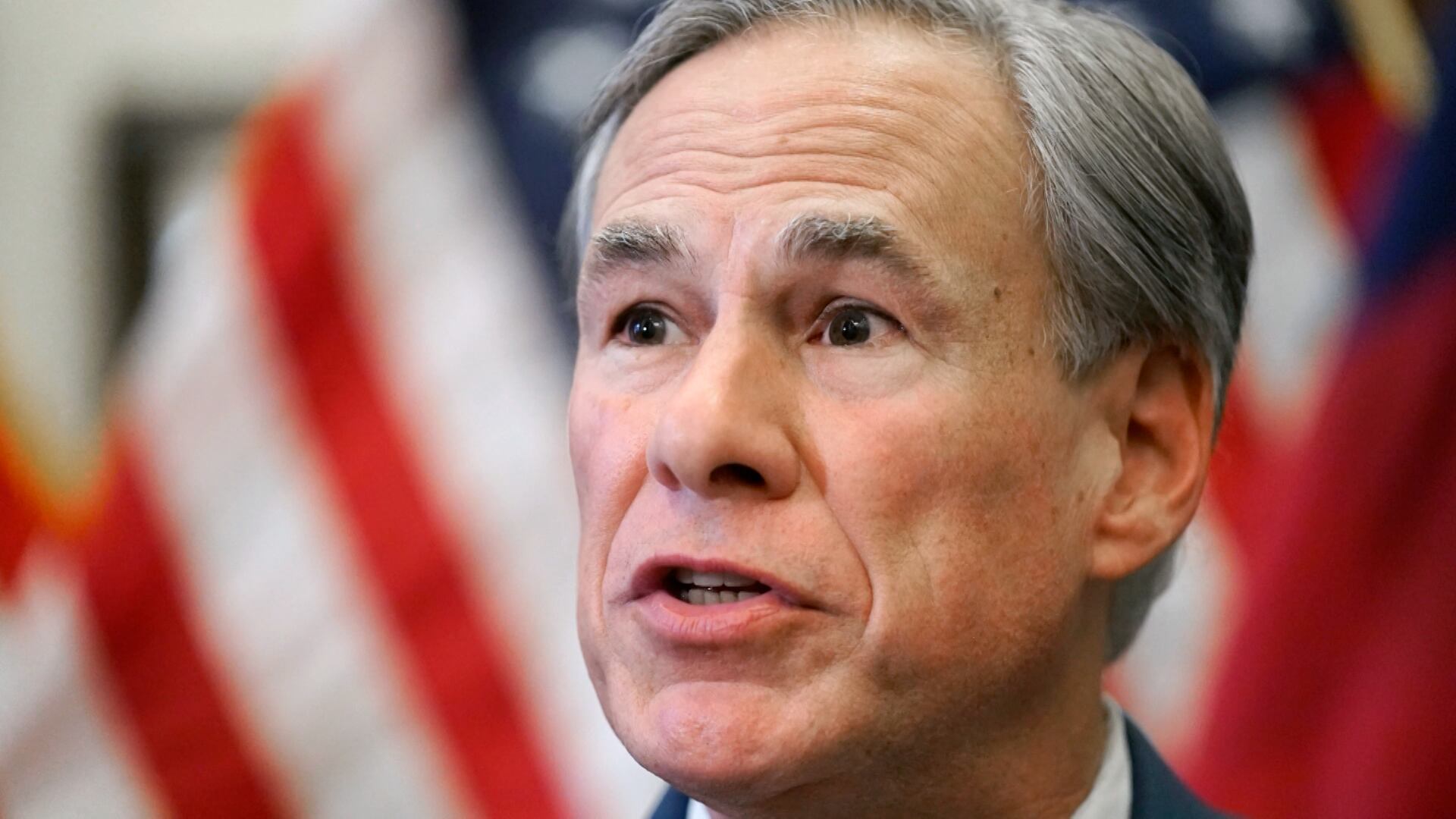By Jill Colvin
Former President Donald Trump confirmed Sunday that he will be skipping Wednesday's first Republican presidential primary debate — and others as well.
“The public knows who I am & what a successful Presidency I had,” Trump wrote on his social media site. "I WILL THEREFORE NOT BE DOING THE DEBATES!" His spokesman did not immediately clarify whether he plans to boycott every primary debate or just those that have currently been scheduled.
The former president and early GOP frontrunner had said for months that he saw little upside in joining his GOP rivals on stage when they gather for the first time in Milwaukee Wednesday, given his commanding lead in the race. And he had made clear to those he had spoken to in recent days that his opinion had not changed.
“Why would I allow people at 1 or 2% and 0% to be hitting me with questions all night?” he said in an interview in June with Fox News host Bret Baier, who will be serving as a moderator. Trump has also repeatedly criticized Fox, the host of the Aug. 23 primetime event, insisting it is a “hostile network” that he believes will not treat him fairly.
Trump had been discussing a number of debate counterprogramming options, including sitting for an interview with ex-Fox News host Tucker Carlson, who has been hosting a show on the website formerly known as Twitter. Carlson was spotted at Trump's Bedminster, New Jersey, golf club ahead of the announcement, according to a person familiar with the visit who spoke on condition of anonymity because they were not authorized to discuss it. The New York Times reported Saturday the interview set to air Wednesday has already been taped.
“We cannot confirm or deny — stay tuned,” said Trump spokesman Steven Cheung.
The idea had been one of several alternatives Trump had floated in conversations in recent weeks. They included possibly showing up in Milwaukee at the last minute or attending but sitting in the audience and offering live commentary on his Truth Social site. He had also discussed potentially calling into different networks to draw viewers from the debate, or holding a rally instead.
The decision marks another chapter in Trump's ongoing feud with Fox, which was once a staunch defender, but is now perceived to be more favorable to his leading rival, Florida Gov. Ron DeSantis. Fox executives and hosts had lobbied Trump to attend, both privately and on the network's airwaves. But Trump, according to a person close to him, was unswayed, believing executives would not have been wooing him if they weren’t concerned about their ratings.
A person familiar had said earlier Sunday that Trump and his team had not notified the Republican National Committee of his plans.
Meanwhile, Trump's rivals had been goading him to appear and preparing in the hopes that he might, concerned that a no-show might make them appear like second-tier candidates and deny them the opportunity to land a knockout blow against the race's Goliath that could change the trajectory of the race.
Former New Jersey Gov. Chris Christie, one of the few candidates willing to directly take on Trump, has been accusing the former president of lacking “the guts to show up" and calling him “a coward” if he doesn't.
A super PAC supporting DeSantis released an ad in which the narrator says: “We can’t afford a nominee who is too weak to debate.” And in a posting Sunday on X, the social media site formerly known as Twitter, DeSantis campaign spokesman Andrew Romeo said the Florida governor looked forward to sharing his vision Wednesday on what he'll do as president because “no one is entitled to this nomination, including Donald Trump. You have to show up and earn it."
Trump has pushed back on the attacks, telling Newsmax’s Eric Bolling that he saw little benefit in participating when he’s already leading by a wide margin.
“It's not a question of guts. It’s a question of intelligence,” he said.
Trump has also said that he will not sign a pledge to support the eventual Republican nominee if he loses the nomination — a requirement set by the Republican National Committee for appearing on stage.
“Why would I sign it?” he said. “I can name three or four people that I wouldn’t support for president. So right there, there’s a problem.”
Nonetheless, his advisers insisted for weeks that he had yet to make a final decision, even as they acknowledged it was “pretty clear” from his public and private statements that he was unlikely to appear.
It's not the first time Trump has chosen to skip a major GOP debate.
During his 2016 campaign, Trump decided to forgo the final GOP primary face-off before the Iowa caucuses and instead held his own campaign event — a flashy telethon-style gathering in Iowa that was billed as a fundraiser for veterans.
While the event earned him headlines and drew attention away from his rivals, Trump went on to lose the Iowa caucuses to Sen. Ted Cruz of Texas — a loss some former aides have blamed, at least in part, on his decision to skip the debate.
In 2020, Trump pulled out of the second general election debate against now-President Joe Biden after the Commission on Presidential Debates, a nonpartisan group that has hosted general election debates for more than three decades, sought to make it virtual after Trump tested positive for COVID-19. Trump refused, saying he would only debate on stage.
Trump is not the only candidate who will likely be missing Wednesday's event. Several lesser-known rivals appear unlikely to reach the threshold set by the RNC to participate. To qualify, candidates must have received contributions from at least 40,000 individual donors, with at least 200 unique donors in 20 or more states. They also must poll at at least 1% in three designated national polls, or a mix of national and early-state polls, between July 1 and Aug. 21.
Candidates who have met the qualifications include DeSantis, Christie, former vice president Mike Pence, tech entrepreneur Vivek Ramaswamy, former South Carolina Gov. Nikki Haley, and South Carolina Sen. Tim Scott.
Beyond the fundraising and polling requirements, the RNC has said candidates must also sign the pledge agreeing to support the eventual party nominee as well as agreeing not to participate in any non-RNC sanctioned debate for the remainder of the election cycle. The RNC is boycotting events organized by the Commission for Presidential Debates, alleging bias.
“I affirm that if I do not win the 2024 Republican nomination of President of the United States, I will honor the will of the primary voters and support the nominee in order to save our country and beat Joe Biden,” reads the pledge, according to a copy posted by DeSantis to the social media site X. Candidates also must pledge not to run as an independent, write-in candidate or third-party nominee.
While several candidates, including Christie and former Arkansas Gov. Asa Hutchinson have taken issue with the requirement, former Texas Rep. Will Hurd so far is the only one who has said definitively that he will not sign the pledge because he refuses to support Trump if he becomes the eventual nominee. Christie has said he will sign whatever is needed to get him on the stage.
In addition to voicing opposition to the loyalty pledge, Trump has suggested he is opposed to boycotting general election debates hosted by the Commission on Presidential Debates. “You have, really, an obligation to do that," he said in a radio interview this spring.
